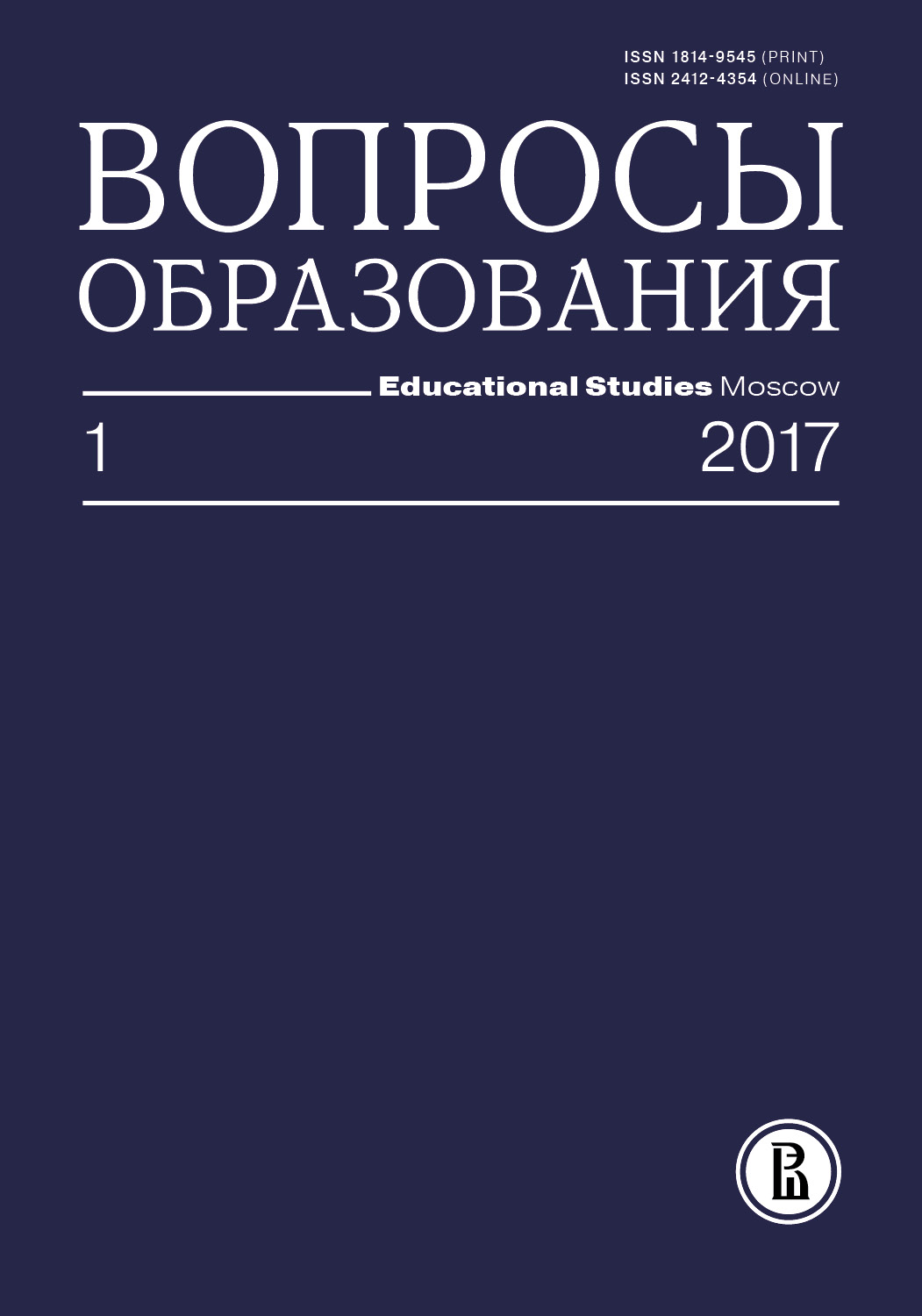Рабочее время и ролевые напряжения сотрудников современного российского университета
Аннотация
На примере Национального исследовательского университета «Высшая школа экономики» анализируются ролевые сдвиги, которые происходят в академической профессии в условиях реформ образования и науки в современной России. На материалах опроса и интервью с преподавателями и научными сотрудниками предлагается типологическая классификация научно-педагогических работников в зависимости от структуры их бюджетов рабочего времени. Выделяются пять категорий: преподаватели-исследователи, преподаватели, исследователи, «универсальные солдаты», эксперты. Эти категории различаются наборами выполняемых рабочих задач, а также установками относительно профессиональной деятельности. Принадлежность к той или иной категории существенно влияет на удовлетворенность распределением рабочего времени между различными видами работ: наименее удовлетворены бюджетами своего рабочего времени сотрудники, имеющие большую преподавательскую и административную нагрузку, что можно объяснить изменениями в области аттестации научно-преподавательских работников, реализуемыми российскими университетами, и реакцией на эти изменения академического персонала. Выделяются типичные проблемы, с которыми сталкиваются преподаватели и научные сотрудники в области бюджетирования рабочего времени. К ним относятся: невысокая степень свободы
в использовании рабочего времени; отсутствие границ между рабочим и личным временем; чрезмерная преподавательская нагрузка; рост количества внеплановых задач; проблема делегирования работы, требующей высокой сследовательской и управленческой квалификации.








